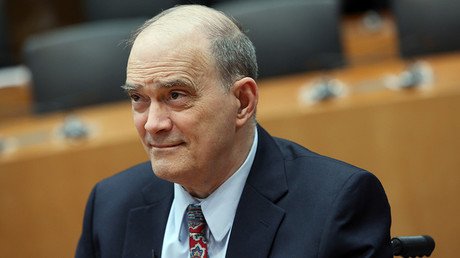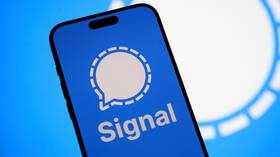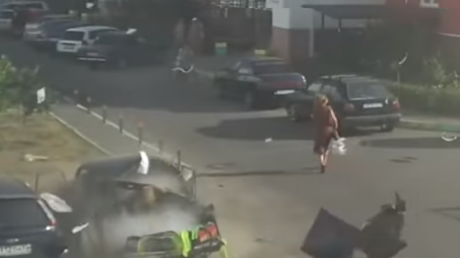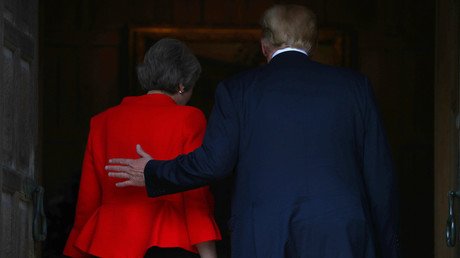Mueller indicts 12 Russians for 2016 presidential election hacking offences
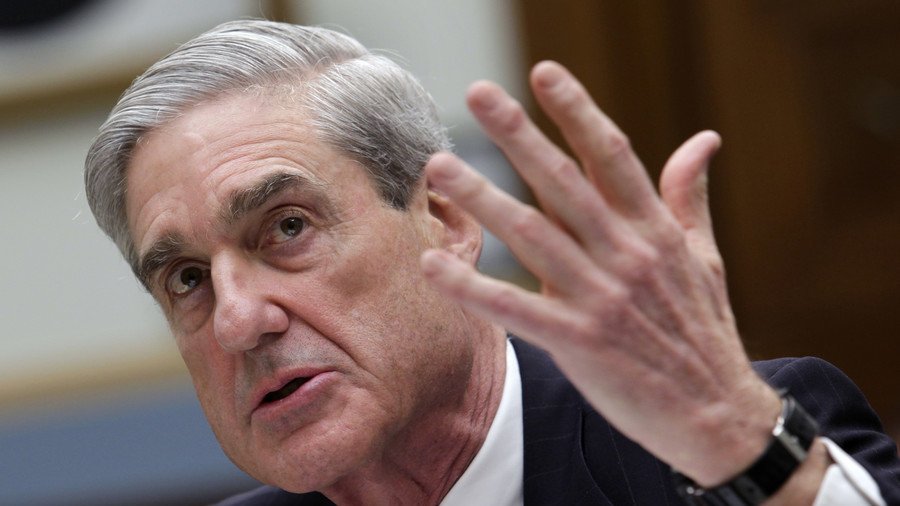
Twelve Russian intelligence officers were indicted for hacking the Democratic party and the Hillary Clinton campaign, the US Department of Justice announced, adding that no Americans were involved and no votes affected.
Named in the indictment are members of alleged GRU Units 26165 and 74455, based in Moscow: Viktor Netyksho, Boris Antonov, Dmitry Badin, Ivan Yermakov, Aleksey Lukashev, Sergey Morgachev, Nikolay Kozachek, Pavel Yershov, Artem Malyshev, Aleksandr Osadchuk, and Aleksey Potemkin.
The suspects are members of the GRU, the Russian military intelligence, and are alleged to have hacked into the Democratic Congressional Campaign Committee (DCCC), the Democratic National Committee (DNC), and the Clinton campaign during the 2016 presidential election.
Deputy Attorney General Rod Rosenstein announced the indictment on Friday in a press conference, accusing the twelve of “conspiring to interfere with the 2016 presidential election.”
BREAKING- special robert mueller indicts 12 russian nationals for hacking of DCCC, DNC & hilary clinton’s presidential campaign, and releasing it as DCleaks and guccifer 2.0 pic.twitter.com/Jvd1fniMZi
— kelly cohen (@politiCOHEN_) July 13, 2018
“There is no allegation in this indictment that any American citizen committed a crime” or that anything affected the vote count or election results, Rosenstein said.
The hackers infiltrated their targets by using spear phishing and malware, and created fictitious online personas ‘DCLeaks’ and ‘Guccifer 2.0’ to disseminate the hacked materials.
“Both were created and controlled by the Russian GRU,” Rosenstein claimed.
The indictment does not mention WikiLeaks by name, but refers to it as “Organization 1” that “had previously posted documents stolen from US persons, entities and the US government.”
It was WikiLeaks that published the emails from the private account of Clinton campaign manager John Podesta, starting in October 2016.
The indictment claims that one of the suspects “searched for open-source information about the DNC network, the Democratic Party, and Hillary Clinton” in March 2016. The following month, the indictment says, the group hacked into the DCCC network and installed malware that later enabled them to access the DNC computers. They allegedly “compressed” the files and moved them using the software the indictment calls “X-Tunnel” and tried to hide their tracks by deleting access longs.
Left out from the indictment is how the federal investigators obtained any evidence of this, given that the FBI never got access to the DNC servers. Instead, the bureau took the word of the DNC cyber security contractor, CrowdStrike, which is referred to in the indictment as ‘Company 1.’
“Why did the FBI not press the DNC to turn over its servers immediately?” political analyst Charles Ortel told RT. “It looks contrived to me.”
Another interesting claim in the indictment is that ‘Guccifer 2.0’ received a request for documents from a congressional candidate on August 15, 2016, and subsequently sent the documents to the candidate, who was left unnamed.
The announcement comes just days before the Monday summit between US President Donald Trump and his Russian counterpart Vladimir Putin in Finland.
Like this story? Share it with a friend!
